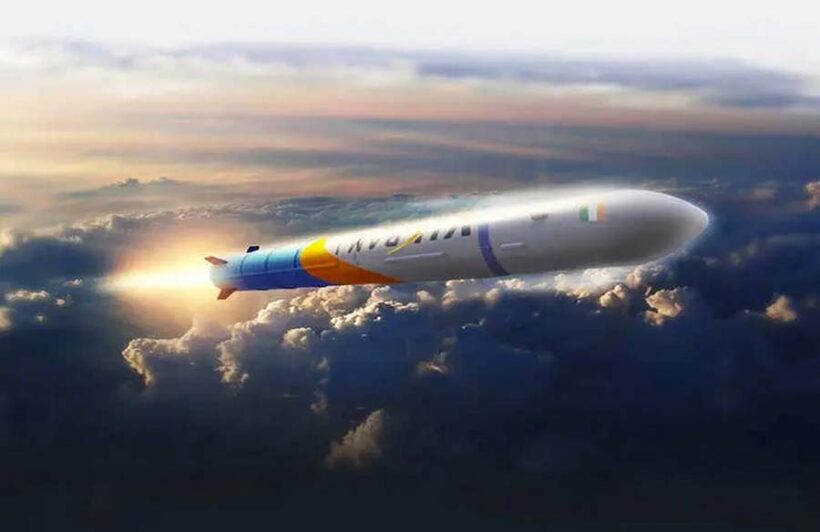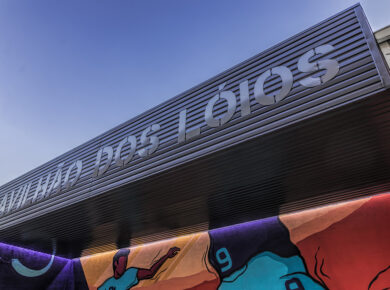Indian space startup Skyroot Aerospace has successfully raised $11 million in its Series A funding round, marking a significant milestone in its journey. This amount dwarfs the $1.5 million the company initially raised back in 2018 when it was founded by rocket building entrepreneurs Pawan Kumar Chandana and Naga Bharath Daka.
Ambitious Growth Plans
Speaking on the funding round, Daka, the co-founder and Chief Operating Officer (COO) of the Hyderabad-based company, revealed plans to raise an additional $40 million to fuel the company’s aggressive growth strategy over the coming years. The Series A investment will primarily be allocated towards advancing its rocket program and preparing its flagship vehicle, Vikram-1, for launch.
Skyroot Aerospace’s fundraising success coincides with a broader trend in the space startup landscape, with Chennai-based Agnikul Cosmos also securing $11 million in Series A funding. This injection of capital represents a significant milestone for both companies, following the Indian government’s decision to open up the space sector to private participation less than a year ago.
Strategic Investors and Board Additions
The Series A funding round for Skyroot Aerospace was spearheaded by the founders of Greenko Group, Anil Kumar Chalamalasetty and Mahesh Kolli. Additionally, both entrepreneurs will now join the startup’s board of directors, alongside representatives from Solar Group, a prominent space and defense supplier. Noteworthy investors in this round include former WhatsApp global business chief Neeraj Arora, Myntra and CureFit founder Mukesh Bansal – an original investor from 2018, Graph Ventures, and Worldquant Ventures.
Overcoming Challenges Amidst the Pandemic
Despite the challenges posed by the COVID-19 pandemic and associated lockdowns, Skyroot Aerospace persevered, leveraging the additional time to refine its designs and optimize its vehicle. Chandana highlighted that the pandemic-induced delays provided the team with valuable opportunities for enhancement, resulting in significant cost and time savings.
Meanwhile, Agnikul Cosmos faced its share of pandemic-related setbacks, leading to delays in its operational timeline. However, the company remains steadfast in its mission, aiming to launch its first mission in the second half of the upcoming year. Earlier this year, the startup achieved a significant milestone by test-firing the world’s first 3D printed rocket engine, Agnilet, and plans to conduct further tests in the near future.
Venture Capital’s Next Frontier
The success of Skyroot Aerospace and Agnikul Cosmos underscores the growing interest and investment in space technology startups by venture capitalists in India. With innovative approaches and ambitious goals, these startups are poised to drive significant advancements in the space sector and shape the future of space exploration.









